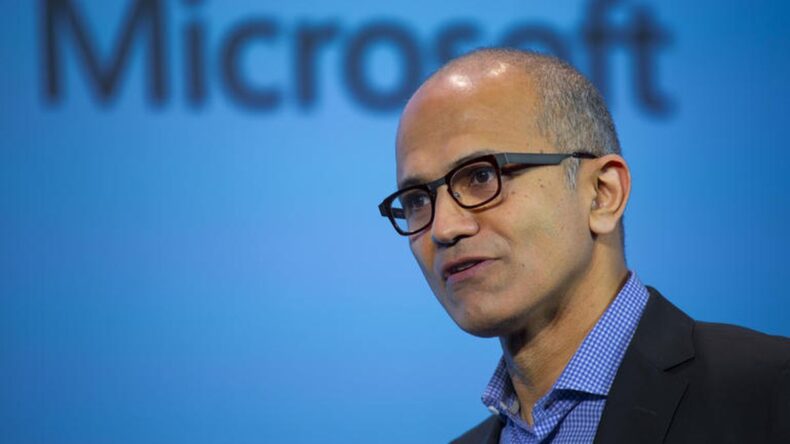According to Microsoft, Zain Nadella, the son of Microsoft CEO Satya Nadella, died early Monday morning. An email was sent to the executive staff informing them of the situation, and they were requested to keep the family in their thoughts and prayers while giving them space to grieve.
Cerebral refers to brain-related issues; palsy refers to muscle weakness or problems. As a result, cerebral palsy refers to a group of disorders that affect movement, muscle tone, and posture.
In a blog post titled “The moment that permanently altered our life,” Nadella revealed one of his experiences while his wife was pregnant with Zain in October 2017. He stated that his baby was delivered at 11:29 p.m. on August 13, 1996, weighing only three pounds and that he did not cry.
Zain was transferred from Bellevue Hospital across Lake Washington to Seattle Children’s Hospital, a cutting-edge Neonatal Intensive Care Unit. Anu’s recovery following the difficult birth began. I stayed with her in the hospital that night and went to see Zain the following day. “I had no idea how dramatically our lives would alter at the time,” Nadella continued.
He went on, “Over the next several years, we discovered more about the damage caused by in utero asphyxiation, as well as how Zain would use a wheelchair and rely on us due to severe cerebral palsy. I was heartbroken. But ultimately, I was disappointed with how things turned out for Anu and me.”

CP is caused by brain injury, resulting in aberrant development due to a shortage of oxygen in the brain during birth. It impairs a person’s ability to regulate their muscles. Other conditions affecting brain development include maternal infections, traumatic head damage, genetic mutations, bleeding into the brain, neonatal illnesses, and deadly stroke.
CP can affect the entire body or only one or two limbs or one side of the body. Typical indications and symptoms include difficulties with mobility and coordination, speaking and feeding, and growth, among other things.
Cerebral palsy is frequently connected with other disorders in children. Children and adults suffering from the condition may experience respiratory problems, speech impairment, oral motor impairment, digestive problems, visual impairment, hearing impairment, and epilepsy (seizures). In addition to CP, these are conditions that can impact a child’s quality of life.
CP symptoms might differ from individual to person. According to Dr Arun Sharma, Senior Consultant Neurosurgeon at the Indian Spinal Injuries Centre, some typical signs of the illness include “delayed milestones, limb weakness, stiffness, low IQ, and difficulties or incapacity to walk.”
A person with severe CP may require special apparatus to walk or may be unable to walk at all and require lifelong care.
Milestones are predetermined stages in a child’s growth, such as walking or talking. When a youngster does not reach a significant step by the expected age, this is a delayed milestone.
Because CP can develop within the first few years of life, Dr Sharma recommends “appropriate maternal and neonatal care, as well as preventing hypoxia during delivery.”
According to Dr Manish Mannan, HOD- Pediatrics and Neonatology at Paras Hospitals Gurugram, “There are presently no ways for completely preventing cerebral palsy from occurring during pregnancy, delivery, or immediately after birth. This is because the actual source of the sickness is yet unknown. There are, however, several things that parents and physicians may take to lessen the likelihood of CP.
Expectant mothers must practice excellent behaviours and keep healthy.” He emphasized that regular medical visits are essential to detect any possible issues that might influence a child’s growth in the womb. Certain conditions, such as incompatible blood types, can be addressed to lower the risk of CP.
Getting properly immunized, treating underlying health issues, avoiding exposure to illnesses or viruses known to harm fetal health, and avoiding drinking and smoking are other strategies to help prevent the disorder.
Published by- Aashay Bhujbal
Edited by- Kritika Kashyap













